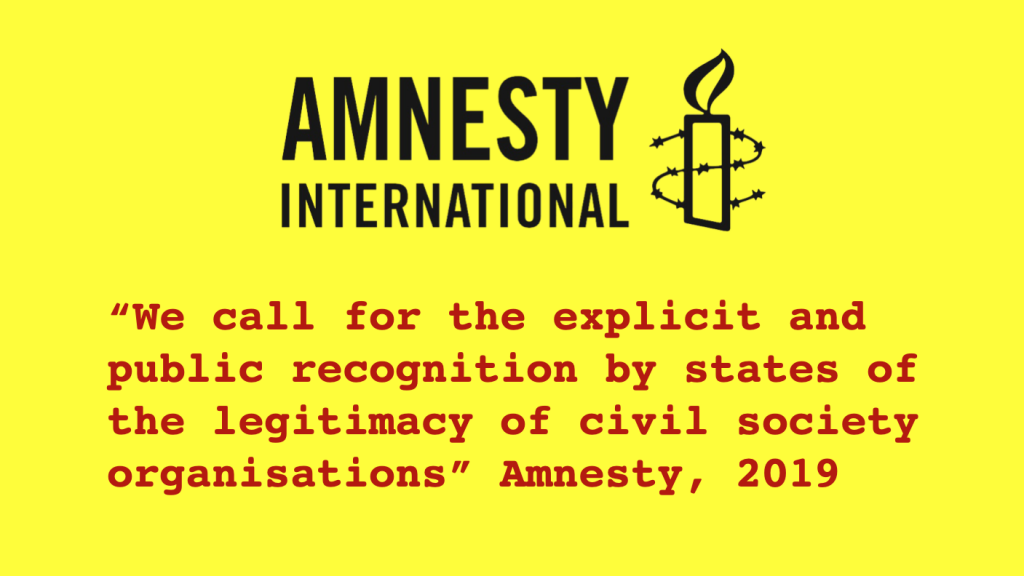
The recent public letter seeking to discredit and silence campaigners for the sex-based rights of women and LGB people is part of a wider problem, which has been escalating over the last decade.
That is the increasingly hostile and tribal nature of public discourse, particularly online. It started with shock-bloggers, got worse on Twitter, and has overflowed into politics and some mainstream media.
It is now escalating further, with Amnesty Ireland and other well-meaning civil society groups seeking to disenfranchise peaceful democratic dissenters.
Tribal hostility online
In real life, on all sides of most issues, most people are promoting what they sincerely believe to be best for society, whether they are correct or mistaken.
By contrast, a small number of people are acting in bad faith, and even fewer are inciting or engaging in violence or other crimes for which they should be prosecuted.
Online discourse can create the opposite impression. The loudest voices caricature people on “our side” as promoting only truth and virtue, and people on “the other side” as malign bigots and haters.
Some people unfairly defame as transphobes people promoting the sex-based rights of women and LGB people.
Others unfairly defame as misogynists people promoting the gender-based rights of transgender people.
Many people on each side recognise the unfairness of the malign caricatures of themselves, even as they engage in similar rhetoric against others, who then feel the same.
We now have a further escalation. Well-meaning civil society groups are now joining in, seeking to silence and disenfranchise people who sincerely disagree with them.
We have shaped a more liberal Ireland
This is the precise opposite of the Ireland that many of us have sought for decades, as we campaigned against the stifling censorship of the Catholic Church.
Alongside these campaigns, John Hume led the primacy of dialogue over silencing to bring an end to decades of terrorism in Northern Ireland.
By combining democratic dialogue and peaceful protest, our collective dissent reshaped Ireland into a more liberal, compassionate and just society.
We now have the right to divorce, marriage equality, and abortion. We have removed our blasphemy laws. Migrants and Travellers have more public support.
When these campaigns started out, we were not supported by the wider Irish community. Our narratives and ideas were not native to the Catholic community of Ireland.
In an Ireland shaped by de Valera and McQuaid, those in power treated our campaigning in the same way as this letter now seeks to treat peaceful democratic dissenters.
We must now protect liberal values
Now that Ireland is becoming more liberal, we must protect that liberalism from secular as well as religious authoritarianism.
We cannot exclude campaigners by claiming that their views are unrepresentative of the majority. Indeed, that is the very reason that political campaigns are needed.
We cannot exclude campaigners by claiming that their ideas are from the UK. Ideas should be judged on their content, not the nationality of some people supporting them.
Where there are competing claims of rights, we cannot simply argue that “our” conclusions are the only acceptable ones, and are not up for debate.
The Catholic Church used these authoritarian tactics for decades to discredit our campaigns for contraception, divorce, marriage equality, abortion, and more.
What specifically should we do?
Civil society groups and activists should promote civil dialogue, not silencing. We should also lead by example by engaging in it ourselves.
We should encourage kindness, and challenge unlawful behaviour, while also highlighting that most people on all sides are acting in good faith.
We should support the sex-based rights of women and LGB people, the gender-based rights of transgender people, and the protection of children.
We should support everybody’s right to democratically promote any or all of these positions, including through legitimate representation from the media and politicians.
Where there are competing claims of rights, we should lobby the government to legally balance these claims consistently with human rights principles.
I accept that the groups who signed this letter are acting in good faith. They should give the same assumption of good faith to other peaceful democratic dissenters.
I’ve hidden a comment that attacked me personally, and a comment that attacked that person personally. I don’t want to amplify personal attacks under a post calling for good-faith civil dialogue.